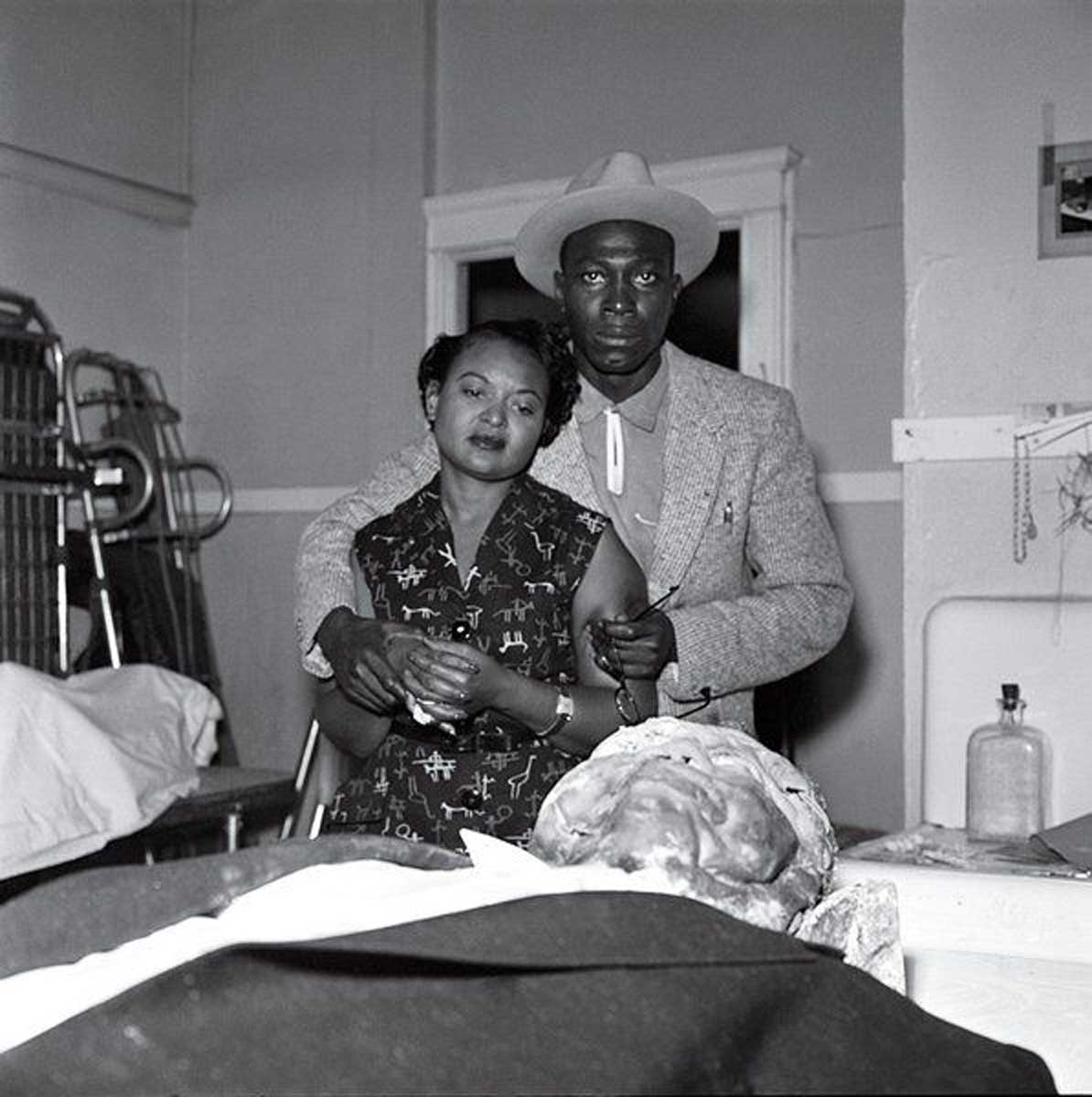Steve Martin shares his affection for the war years
Published 11:48 pm Saturday, January 5, 2008
In April 1978 I went with some friends to see Steve Martin at the Cook Convention Center in Memphis, Tenn.
My dad and the father of one of my friends took us.
I was 14 years old and we were all guys. Girls didn’t “get” Steve Martin — or so we thought.
The great singer-songwriter Steve Goodman opened for the “Wild and Crazy Guy.”
Goodman was 29 years old. Some of his best known credits include: “City of New Orleans,” “You Never Even Called Me By My Name,” and “A Dying Cub Fan’s Last Request.”
That night Steve Martin was just 32 years old and he had become, that year, the biggest concert draw in the history of stand up comedy.
In his book, “Born Standing Up: A Comic’s Life,” published by Scribner ( 2007), Martin gives us priceless insight into his life and his stand up days.
We read how routines were born, like “Happy Feet,” which came from an “adult” postcard he’d stumbled across as a kid, and how a woman from Biloxi actually planted the seeds for his creating the ultimate 1970’s overdone catch phrase version of “Well, Excuuuuse … ME!”
The secret of the three-piece white suit is shared as well. While some have thought it was to further the appearance of being conservative, which made his egomaniacal stand up personality all the more hilarious, it was really just a practical choice. The vest helped to keep his shirt from becoming untucked while he ran around like a clown, and it’s easier for a group of 20,000 to see one guy on stage if he’s wearing white.
The book isn’t just about the business. There are some very touching moments and painful, personal information about his life and family and the growing up that was going on along with the development of his career.
It’s often been said comedians are the saddest people in the world, and in Martin’s book we learn how his strained relationship with his father qualified him to be a comedian.
Although he writes his own story, Martin says it is a biography, rather than an autobiography because he is writing about someone he used to know.
He writes: “I ignored my stand up career for twenty-five years, but now, having finished this memoir, I view this time with surprising warmth. One can have, it turns out, an affection for the war years.”
Martin doesn’t tell his story without humor, though. He tells us of his serious relationship in the 1960s with Mitzi Trumbo, daughter of writer Dalton Trumbo, and how she sent him a gentle and direct Dear John letter from Europe, where she had been swept away by the film director John Frankenheimer.
“Who, twenty years later,” Martin writes, “tried and failed to seduce my then wife, the actress Victoria Tennant, whom he was directing in a movie. Mitzi was simply too alluring to be left alone in a foreign country, and I was too hormonal to be left alone in Hollywood. Incidentally, Frankenheimer died a few years ago, but it was not I who killed him.”
Comedy snobs might look down on Martin for not being the kind of comedian who makes us “think,” like Lenny Bruce, George Carlin, Richard Pryor or Bill Hicks. But he created a character — that of a stand up comedian who was really very bad, but didn’t know it — and filled stadiums with people he made laugh, although they couldn’t exactly tell you why, afterwards.
It was more magic than anything.
Within three years of that night I saw him in Memphis, Martin would stop doing stand up, forever.
Within another three years Steve Goodman would be gone, taken by leukemia. Some of his ashes were sprinkled at Wrigley Field.
I won’t forget seeing Steve Martin perform his disappearing dime trick for me, because it was directed to all of us seated way back in the back of the balcony of the Cook Convention Center that night in 1978, or how hard I laughed with my friends. It’s a performance I won’t ever forget and his book about those days won’t soon be forgotten either.
STEVE IN A NUT SHELL
Steve Martin is an actor, writer,
playwright, producer, musician and composer. He won an Emmy in 1969 for his writing for The Smothers Brothers Comedy Hour and Grammys for Best Comedy Album for 1978’s “Let’s Get Small,” and 1979’s “A Wild and Crazy Guy.”
He also received a Grammy in 2002 for his performance, along with Earl Scruggs, Marty Stuart, Vince Gill, Paul Shaffer and others, of the Flatt and Scruggs classic “Foggy Mountain Breakdown.”
In 2005 Martin was presented the Mark Twain Prize for American Humor and just last month he was honored at the 30th Annual Kennedy Center Honors along with film director Martin Scorsese, and musicians Leon Fleisher, Diana Ross and Brian Wilson.





